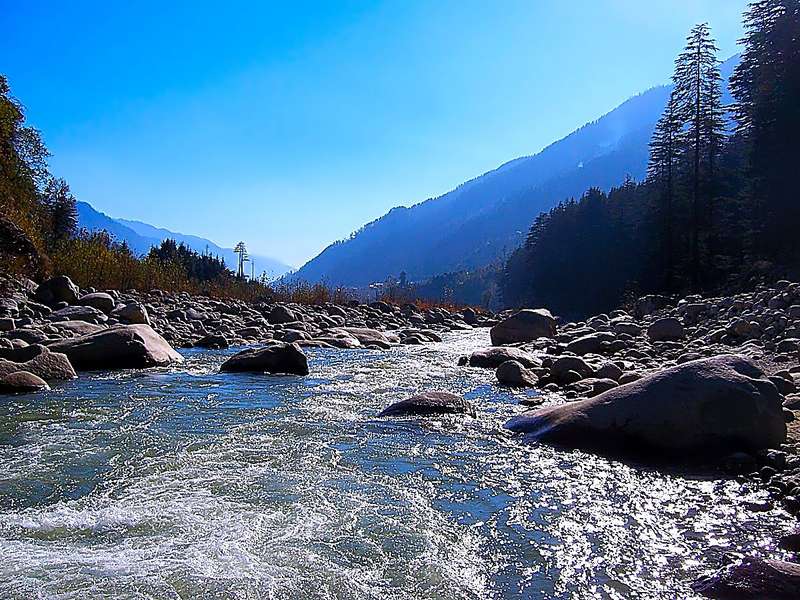Kazakhstan, Asia’s Unlikely Green Champion
A year after the international Expo 2017 held in Astana on ‘Future Energy’ Kazakhstan begins its long journey from oil-dependency to a sustainable developed nation.
The emergence of Kazakhstan as an international eco-warrior and regional pioneer of green energy was firmly established last year, after the country was selected to host the international Expo 2017 on ‘Future Energy.’ On the face of things, Kazakhstan seems an unlikely proponent of a renewable energy agenda.
The country has the 11th largest oil reserves in the world, and energy constitutes almost half its GDP. It is one of the world’s most energy intensive economies, and its ageing infrastructure means energy is also used very inefficiently. It’s greenhouse gas emissions are exacerbated by the dispersion of its population and extreme summer and winter temperatures. Meanwhile, Kazakhstan’s renewable energy generation constitutes less than one per cent of its total domestic output and much of this is from ageing Soviet era hydropower plants.
But over the course of the past decade or more, the Kazakh government has initiated a full spectrum response in order to radically reduce the country’s dependence on hydrocarbons over the long term.
The country has been party to the UN Framework Convention on Climate Change since the mid 1990s and it ratified the 2009 Kyoto Protocol. In that year, it introduced state support for renewable energy generation, including mandatory purchase of electricity by power operators. It then introduced a voluntary Green Bridge Partnership Programme to establish collaborative cross-border partnership with both public and private sectors. More recently, in 2013, it enshrined in law feed-in-tariffs for renewables to encourage investment, as well as introducing new rules on the treatment of waste and water.
As part of this, its “National Concept for Transition to a Green Economy up to 2050” set extremely ambitious targets for renewable energy’s share of electric power generation: rising from close to zero today, to 30% by 2030 and 50% by 2050. At present, coal accounts for 80% of the country’s electricity generation.
It is easy to be sceptical of government targets, but there is widespread third-party consensus that the potential for renewables in Kazakhstan is high, and this is consequently attracting investment.
Encouraged by the government’s manifest commitments, international development agencies have been pouring money into the economy to hasten its greening. The European Bank for Reconstruction and Development has spent several billion euros over the past decade on sustainability projects, including schemes to switch from coal to renewables, and providing gas and electric powered public transportation within cities. These projects have resulted in approximately 10% energy savings and reduced emissions by nearly 4,000 tonnes per year.
Most recently the EBRD has announced plans to invest a further $244m in Kazakh renewable energy, including 52 new facilities to be built by 2020. This in turn is attracting private sector investment
With government initiatives driving down the operating costs for renewable schemes, including mandatory and favourable access to the grid, friendly planning and taxation regimes, the door is now wide open for further private investment.






